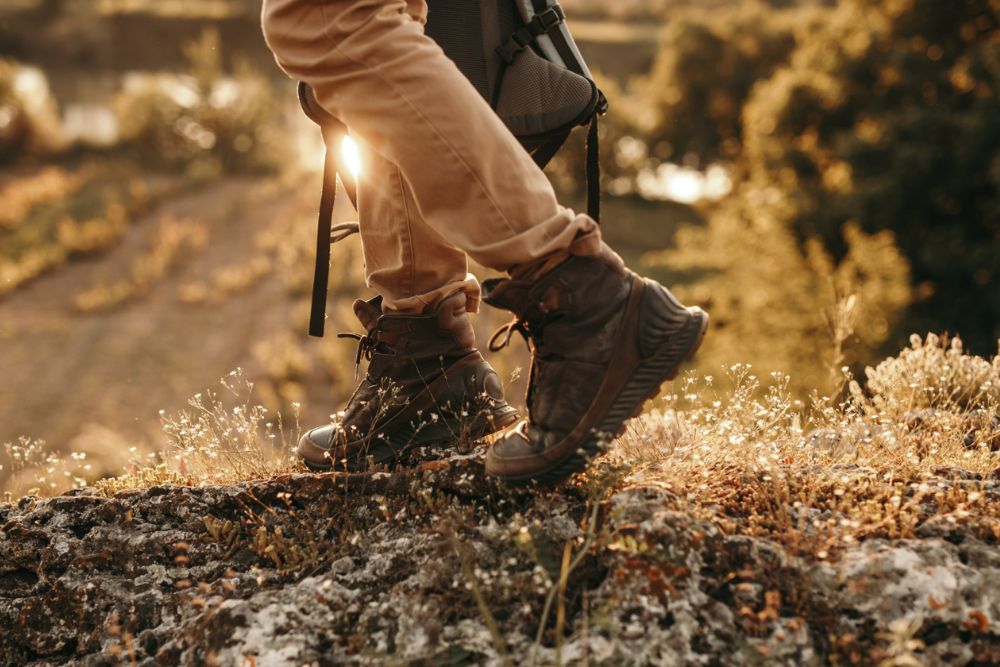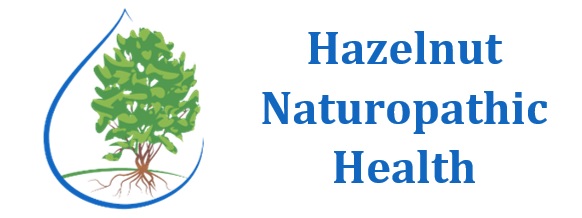
Wilderness Therapy: An Effective Option for Teens & Young Adults in Crisis
Wilderness Therapy: An Effective Option for Teens and Young Adults in Crisis
With greater attention on mental health and emotional wellbeing in recent years, more people are seeking therapy or counseling to deal with life's ups and downs. In some situations, traditional approaches may not be enough to help a person find their way out of a dark time. The remarkable effects of wilderness therapy programs have been the focus of research for many years. Many people aren't quite familiar with how these programs work, who they are best suited for, and what the tangible benefits of wilderness therapy are.
What is Wilderness Therapy?
The aim of wilderness therapy is to remove a person from an environment where there are toxic or dysfunctional relationships, technology overuse, and other choices that are driving the individual to choose high-risk behaviors. Wilderness Therapy Programs (WTP) are immersive nature-based programs led by highly trained teams of therapists who are also experts in outdoor "survivalist style" experiences. A team consists of mental health clinicians, field instructors, physicians, and activity trainers. As each participant moves through specific tasks and activities, the team provides ongoing assessment, individual goal setting, and personalized assignments to address each participant's emotional, physical, psychological–and sometimes spiritual–needs.
The WTP places a person in a group environment in which survival and safety are based on cooperation, planning, follow-through, respect, and mutual understanding. The embodied experience of "roughing it" in the wilderness setting allows an individual to actively learn new ways of thinking, coping, and interacting that can encourage the breaking of unhealthy patterns. In the wilderness setting, a person can develop a heightened awareness that allows them to identify the impact that their dysfunctional behaviors could be having on themselves and those around them.
Family engagement and a follow-up care plan is addressed at discharge so a person can maintain progress after the program.
Are These Programs Ideal for Everyone?
WTPs are geared toward young people including teens through early adulthood. WTP programs can cater to different behavioral and mental health concerns. Some are suited for young people coming of age and are proactive interventions to facilitate healthy development. More often, WTP are focused on young people who are struggling with significant life events and conditions for which other therapeutic approaches have not been helpful. Some of the many behavioral health concerns addressed in WTP include, but are not limited to: behavioral disorder, divorce adjustment, depression and anxiety, boundary issues, addiction, eating disorders, grief, promiscuity, and digital/gaming addiction. Sometimes a family member researches programs, but oftentimes a clinician refers a person and their family to give WTPs a try.
What Happens in Wilderness Therapy?
Being outside allows for a profound change in relatively short periods of time, ranging from a few weeks to 30 days and up to 120 days. Activities that are typically part of wilderness therapy vary and can include:
-Backpacking/hiking
-Camping
-Fishing (cooking what you catch)
-Foraging
- Equine therapy and horseback riding
- Canine therapy
- Mountain biking
- Canoeing/kayaking
- High ropes
- Rafting
- Rock climbing
- Ice fishing
- Dog sledding
How Does a Person Benefit from Wilderness Therapy?
Some of the broader areas of improvement include:
- Developing a greater sense of purpose
- Enhanced self-awareness
- Reduction in delinquent behavior and increase in prosocial behavior
- Reduction in stress, anxiety, depression, and cognitive dissonance
- Enhanced self-confidence and self-esteem
- Improved social relationships
- Improved boundaries in interpersonal relationships
- Physically and emotional well-being
Tips for Finding a Wilderness Program
If you are researching a WTP for a loved one, be sure to look for a camp that is based in affirming the worth and dignity of each person, focusing on relationships, and is not punitive. Consultants and counselors are available to help place a young person in a program.
Keep in mind the program will, at some point, not just involve the person attending. Close family/loved ones will also need to be involved. It is important to be adaptable and expect that there will be challenges as everyone heals and establishes new, improved relationships.
The decision to send a loved one, especially a child, to WTP is never easy to make. Please note there is a difference between therapeutic, research-backed wilderness programs and "survival school" programs. Use the following resources to learn more and to select reliable programs staffed by appropriately trained personnel:
Governing Organizations for Nature and Adventure Therapy Programs: NATSAP
Association for Experiential Education: Therapeutic Adventure Professional Group
Outdoor Behavioral Healthcare Council: https://obhcouncil.org/about/
Embark Wilderness Therapy: https://www.embarkbh.com/wilderness-therapy/
Evoke Therapy Programs: https://evoketherapy.com/programs/wilderness-therapy/wilderness-therapy-for-teens/
New Vision Wilderness Therapy: https://evoketherapy.com/programs/wilderness-therapy/wilderness-therapy-for-teens/
Resources:
Beck, N., and J. S. Wong. "A Meta-Analysis of the Effects of Wilderness Therapy on Delinquent Behaviors Among Youth." Criminal Justice and Behavior 49, no. 5 (May 2022): 700–729. https://doi.org/10.1177/00938548221078002
UNH Today. "UNH Research Finds Wilderness Therapy More Effective and Less Expensive," September 23, 2019. https://www.unh.edu/unhtoday/news/release/2019/09/24/unh-research-finds-wilderness-therapy-more-effective-and-less-expensive
Magazine, Undark. "Does Science Support the 'Wilderness' in Wilderness Therapy?" Undark Magazine, January 29, 2020. https://undark.org/2020/01/29/does-science-support-the-wilderness-in-wilderness-therapy/
Wilderness Therapy for Troubled Teens at RedCliff Ascent. "25+ Years of Wilderness Therapy Research." Accessed July 7, 2022. https://www.redcliffascent.com/wilderness-therapy-program/constantly-improving-wilderness-program-current-research/
Warber, S. L., et al. "Addressing 'Nature-Deficit Disorder': A Mixed Methods Pilot Study of Young Adults Attending a Wilderness Camp." Evidence-Based Complementary and Alternative Medicine : ECAM 2015 (2015): 651827. https://doi.org/10.1155/2015/651827
Louv, R. Last Child in the Woods: Saving Our Children from Nature-Deficit Disorder. Chapel Hill, NC: Algonquin Books of Chapel Hill, 2005.
Kaplan, Stephen. "The Restorative Benefits of Nature: Toward an Integrative Framework." Journal of Environmental Psychology, Green Psychology, 15, no. 3 (September 1, 1995): 169–82. https://doi.org/10.1016/0272-4944(95)90001-2

Leave a Comment
(0 Comments)